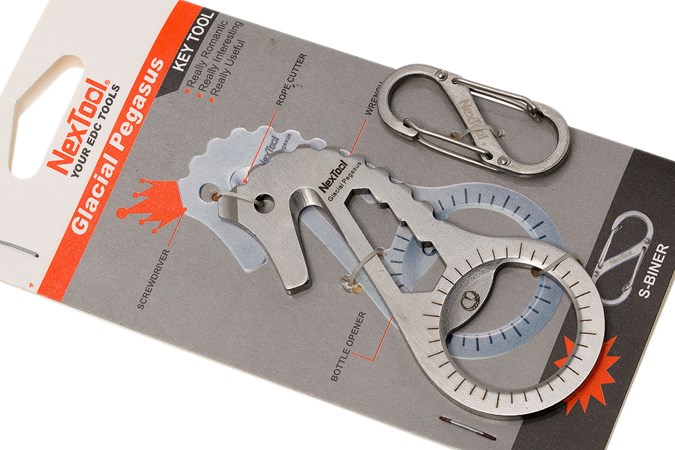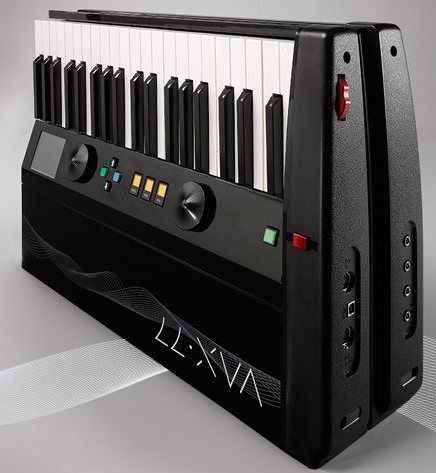

#USAMO VS MULTICLOCK SOFTWARE#
The USAMO software also generates MIDI clock, Song Position Pointer etc.īecause the MIDI signals are generated and transported as audio, they are guaranteed to be sample-accurately synced with your audio, and free of the jitter often associated with computer-generated MIDI.

The USAMO then reconstructs the MIDI and outputs it on a standard 5 pin DIN MIDI socket. The DAW sends MIDI to the plug-in the plug-in translates that to audio and sends it to the USAMO hardware, via an output on your computer’s audio interface.
#USAMO VS MULTICLOCK MAC#
The audio signal is generated by the USAMO software, a plug-in which runs as a virtual instrument (AU/VST/AAX, Mac & Windows) in your DAW. If the Circlon was the master-clock, you should have all gear connected to the Circlon synced, but for this, the USAMO would be off-duty. Oh wow, that looks awesome.Expert Sleepers has announced USAMO (Universal Sample-Accurate MIDI Output) – a new utility devices that generates a sample-accurate, jitter-free MIDI output from an audio input. IPad USB over Lightning to Mac, elektron Digitakt USB MIDI Clock to iPad (CCK3), Roland UM-One mk2 (CCK2), Zoom UAC-8 in class compliant mode (CCK3), UM-One mk2 attached to iTrack Dock USB host port, and sometimes an iRig MIDI via 30pin-to-Lightning adapter.ĭid a number of soft synth and sampler latency measurements a while ago, and both latency and jitter originating from the app itself were so much higher than the difference of USB versus the iPad's line said: Indeed, I agree with you about what latency is acceptable depending on set-up but jitter is present on the usb device as already mentioned. Sometimes, even 5 to 10ms are acceptable, sometimes half a millisecond is too much already. Im very happy using USB midi devices but they do cause jitter to my knowledge at least.

You won't even hear it except you have more than one interface triggering audio samples, then you might get phase cancellations.Įxactly as I mentioned to you before, 1ms jitter is enough for a transient to double or to be completely phased out. Here is a nice little video showing some of the issues involve with USB midi devices. I use ESI which is great but I don't think its possible to completely remove midi Jitter on a USB device. I think the Jitter comes from the USB midi devices themselves As soon as sending MIDI messages over a hardware interface, the time stamp is lost and if the developer has not taken enough care to actually get these messages sent as quickly as possible, the jittery timing will be bad enough to become User] said: Inside iOS you can use (and usually rely on) MIDI time stamps that are evaluated by the receiver and played at the correct time. As soon as sending MIDI messages over a hardware interface, the time stamp is lost and if the developer has not taken enough care to actually get these messages sent as quickly as possible, the jittery timing will be bad enough to become said: Take an app like Rozeta cells that produces 100% accurate results triggering an AU synth like Spectrum, look at that and then do the same with a hardware synth over MIDI. If an app sends jittery MIDI, no interface can fix it. 99% of MIDI Jitter originates from apps that need a fix inside. Could also be the solution to getting jitter free MIDi out of iOS? The mention of perfect timing has me interested! Advertised as class-compliant, and includes USB hub Considering this for my next MIDI interface.


 0 kommentar(er)
0 kommentar(er)
